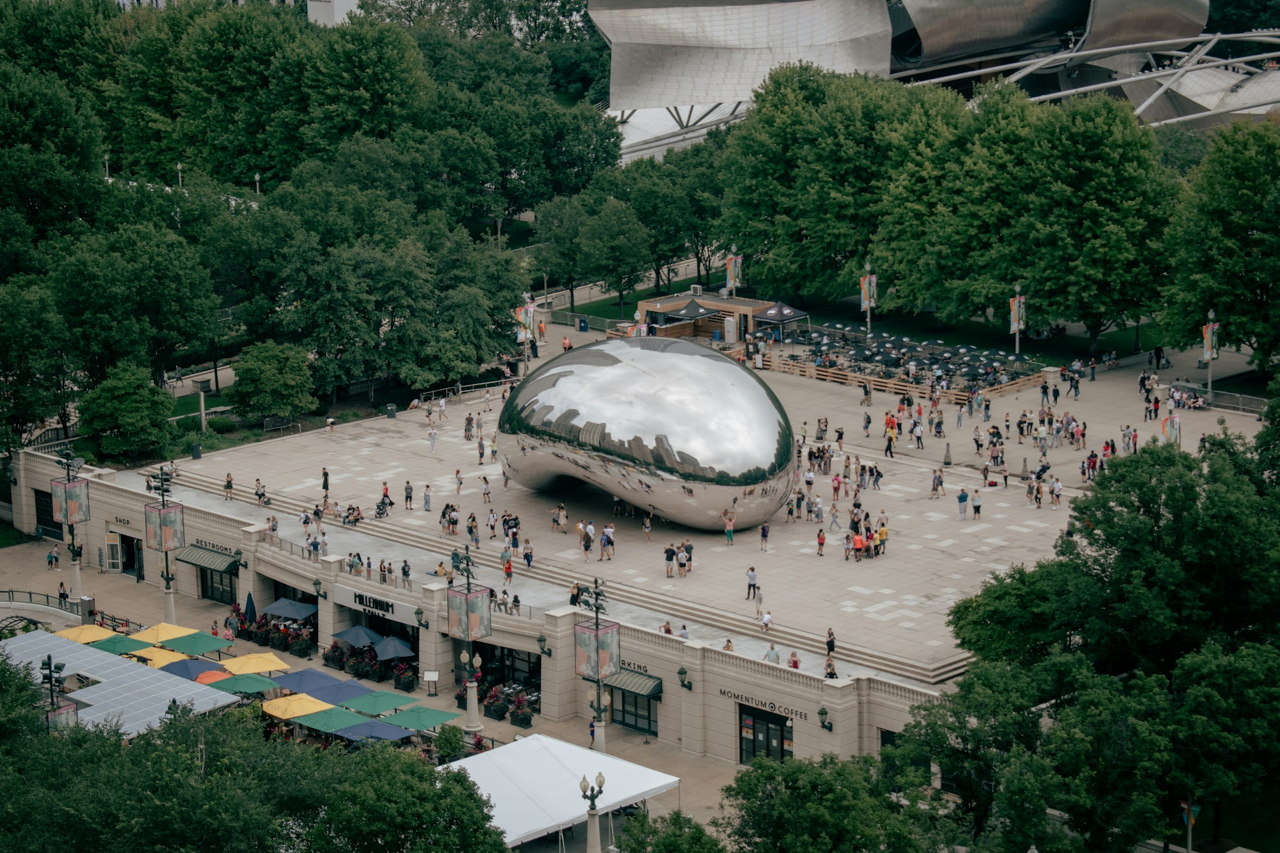What makes a place civic: Porous planning and the making of Chicago’s Millennium Park - 01 Sep 2025
Paper title and abstract
What makes a place civic: Porous planning and the making of Chicago’s Millennium Park
About Santi Furnari
Santi Furnari is Professor of Strategy at Bayes Business School in London, Visiting Scholar at Northwestern University in Chicago, and a Senior Editor at the journal Organization Studies. He was a 2023-24 Fellow at the Center for Advanced Study in the Behavioral Sciences at Stanford University and previously served as Associate Dean for Executive Education at Bayes. Prof. Furnari studies how organizations can have impact on local communities and society, for example by shaping the emergence of industrial clusters, work practices, and new social spaces (such as social impact incubators and civic spaces). Recent research focuses on how business, philanthropic and political actors in cities can collaborate to create successful civic places, such as widely used public parks and libraries. He is also an expert of organization design, business models and configurational thinking. Prof. Furnari is a multi-disciplinary researcher combining insights from economic sociology with organization theory, and using qualitative and mixed methods (such as fuzzy-set/Qualitative Comparative Analysis or fs/QCA). His research has been published in leading academic journals, such as the Academy of Management Review, the Academy of Management Journal, Management Science, Organization Science and Strategic Management Journal (among others). His paper titled “Interstitial Spaces” has received the AMR Best Paper Award for the best paper published in the Academy of Management Review in 2014 and he was a finalist for the same award in 2021 with his co-authored paper "Capturing Causal Complexity". From 2019 to 2022, Prof. Furnari served as the Representative-at-large of the Organization and Management Theory (OMT) Division of the Academy of Management. He is one of the co-founders and co-ordinators of the EGOS Standing Working Group on “Organizations and Place-Based Communities”.
